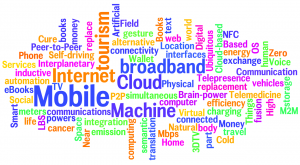 I’ve been asked to deliver an opening keynote at an upcoming conference. In this talk, I’ve been asked to survey future technologies and how they might shape communication service providers landscape. To prepare, I started jotting down a list of all the interesting future technologies and it immediately occurred to me that many of these are already here with us today. This reminded me of the quote by William Gibson – “the future is already here, it’s just not evenly distributed”.
I’ve been asked to deliver an opening keynote at an upcoming conference. In this talk, I’ve been asked to survey future technologies and how they might shape communication service providers landscape. To prepare, I started jotting down a list of all the interesting future technologies and it immediately occurred to me that many of these are already here with us today. This reminded me of the quote by William Gibson – “the future is already here, it’s just not evenly distributed”.
And indeed, the difference between today and the future is often merely the pervasiveness of these technologies. In most cases, the technologies exist and their potential can be anticipated to a large extent, if considered carefully.
But then I wondered whether I missed something or got my estimates wrong.
It’s much easier to see the direction of a trend than to know when it will be realized. For example, we all know that at some point in the future, cars will drive themselves. The question isn’t whether or not this will happen. The question is only “when?” this will be a reality. Similarly, we can now all see that at some point in the future, people will barely use paper books. These will become a thing of the past. The really interesting question is “when?” will this future be reality. Certainly in less than 100 years, perhaps less than 20, and perhaps even less than 10 years from now.
Why is this critical?
Well, innovators must get their timing right – bringing a solution to market too early can be as devastating to a venture as bringing it too late.
So I was thinking, perhaps inspired by my crowdfunding blog post, that you might help me figure out if I got it right. I’m going to put forth my initial estimate of when and why I believe a set of technologies will become mature and pervasive (not ubiquitous). When I say “pervasive”, I mean when will the technology be widely used – perhaps as much as 25% of the potential users will already be using it. At that point in time, it would probably not yet completely take over its predecessor technology.
Then, I’d like you to help me. Please point out any important technologies I have missed (note that I intentionally dropped over 40 items from this list, as otherwise this would have become a very long list) and also comment on the time you think they would become pervasive and why.
So here we go: the technologies, when they will mature, and why:
Is this our future?
| Tech Trend |
Year when pervasive (at least 25% of the users) |
Why |
| Mobile Money / Peer-to-Peer (P2P) money exchange |
2014 / 2017
|
In developing economies this will come sooner and will gradually penetrate developed economies. |
| Location-Based Services (LBS) |
2015
|
Some might argue that we’re already there with so many GPS-enabled smartphones. The question is when will 25% of users be expecting and using services and experiences based on their location. |
| Internet-connected TV |
2015
|
I believe it will take that long to reach a quarter of the population. To some degree, we’re still in early-adopter phase right now. And I don’t distinguish here between the various methods to net-enable the TV experience. |
| Cloud computing |
2016
|
Till cloud computing operates a quarter of business compute resources. |
| Telepresence |
2017
|
What is marketed today by some vendors as Telepresence is simply higher quality video conferencing. The original vision of Telepresence has taken a backseat. I here refer to that real vision and refer to it in a business context. It’s when companies have telepresence rather than high quality video conferencing. |
| Near-Field Communication (NFC) |
2018
|
It might take some time to roll out this technology for contactless payment systems, for instance. Especially in developed economies where alternative forms of credit and payment are widespread. |
| Zero emission alternative energy powers the world |
2018
|
Costs must come down and the substantial focus on “green” and various incentives will help bring that about, eventually. |
| 3D TV |
2018
|
Until 3D TV is in 25% of the homes. See my blog post about 3D TV. |
| Social communications |
2018
|
People use free communication via social media and P2P VoIP/IM rather than paid services by communication service providers to conduct most of their communication. |
| Cloud-based operating systems (truly thin clients) – or is this a cycle? |
2018
|
Thin/thick, dumb/smart terminal is a pendulum. Will it swing back (e.g. Chrome)? Perhaps, as connectivity truly becomes ubiquitous. |
| eBooks replace books in all current forms of use (including education) |
2019
|
It will take a few years to acquire all these books for educational institutions, but eventually, it’ll happen. |
| Mobile broadband at 10 Mbps |
2019
|
Late stages of 4G technologies might get there on existing spectrum and consumer insatiable demand for bandwidth. |
| Ubiquitous broadband connectivity |
2019
|
There is an expectation that for most populated areas on the planet, anybody traveling there can receive an affordable broadband connection. |
| High-efficiency inductive charging |
2019
|
Aren’t we tired with all the wired chargers? At some point these will be replaced, no? How about 8 years from now? |
| Smart meters |
2019
|
Smart energy saving devices in the home and remotely accessible and administered power meters will roll out, eventually. There are some geographies (such as Italy) where this might have already happened, but when will it reach a quarter of the users? |
| Telemedicine |
2019
|
Medical professionals will routinely monitor patients from remote. |
| Natural gesture interfaces (e.g. touch, hand gestures, vocals) will be used for almost everything |
2021
|
I’m not yet sure these interfaces are always better. Right now, I’m using a keyboard, for instance. However, in the future I might use Gmail Motion. It was announced April 1, 2011. You must check it out. |
| The Internet of Things / Machine to Machine (M2M) |
2021
|
Since these are not “used by people”, it doesn’t exactly make sense to talk about pervasiveness in terms of users. Therefore, the benchmark here is a bit different – when 25% of “things” are connected to the net that are not operated by people. So for this, tablets, smartphones, PCS would not count. I think it will take longer than some anticipate. |
| Self-driving vehicles |
2021
|
Not too far into the future, we’ll see these in our neighborhood. Wouldn’t that be cool? |
| The semantic web |
2021
|
Everything’s meaning is connected and understood. When we ask questions, the meaning will be used to determine the answer. |
| Digital life integration |
2026
|
Our digital lives are still very disparate. Contacts, calendars, music, photos, videos, etc. All created and stored on a variety of devices and mediums and not easily accessible. It will take some time to resolve this in a pervasively available method, but it’s bound to eventually be solved. |
| Voice and text simultaneous translation |
2026
|
I don’t think this is ready yet and it might be comical today. |
| Artificial body part replacement for many more parts |
2026
|
The brain will probably be the last to be replaceable, but I believe it too will be “bionically” enhanced in due course. Before then we’ll have all sorts of limbs and internal organs. |
| Cure for cancer |
2026
|
This is for many forms of cancer, through genetically specific and personal medicine. Optimistic, perhaps. Something to hope for. |
| Physical books no longer in practical use |
2031
|
Seeing a physical book will become a rarity. Libraries will, effectively, be museums. Most will not exist as all books are accessible online and on reading devices anywhere. |
| All storage be cloud-based |
2031
|
We’ll no longer have DVDs and BluRay discs, or any other portable medium for that matter, all data will be cloud-resident. No more new forms of media will be required by individuals. |
| Home automation |
2031
|
If you’re wealthy, you can have full automation of your home today. When will this be a reality for 25% of the population? The issue is retrofitting existing homes, of course. That’s a long cycle. |
| Affordable brain-power computer (yet not brain-capable) |
2031
|
One can buy a computer, like a PC today, but its power will be able to compute the equivalent of a human brain. However, as it will not operate like a human brain, it will have only niche uses. |
| Affordable space tourism |
2036
|
You won’t have to be filthy rich and it becomes an everyday occurrence. Those with income at the top 10 percentile will be able to afford a trip. Some believe it’s nearly here already. Not me. |
| Cold fusion |
2036
|
Hmmm. Not much to base my assessment here, I’m afraid. |
| Virtual tourism |
2041
|
You can have the full experience of travel, without leaving a facility. Not just as “an experiment”, but as actual replacement for tourism… I don’t how attractive this will ever become. |
| Interplanetary human travel |
2071
|
Ditto |
Some observations
If all this is true (and it certainly isn’t), there are some rather funny consequences. For example, this would imply that in 15 years we will have cured cancer and have self-driving vehicles, yet our home would not yet be fully automated. Also, if much of this plays itself out as suggested, the next two decades are going to be extremely exciting, don’t you think?
I’m the first to admit that this table certainly has many errors and omissions. In fact, this is not a set of concrete predictions so much as it is a straw man for you all to tear up and suggest corrections.
Call to action
Please, help identify notable omissions and correct these estimates, and perhaps our collective wisdom will provide better insight into our future.




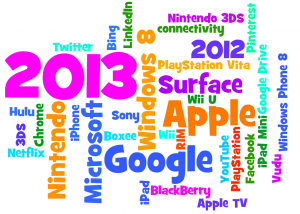
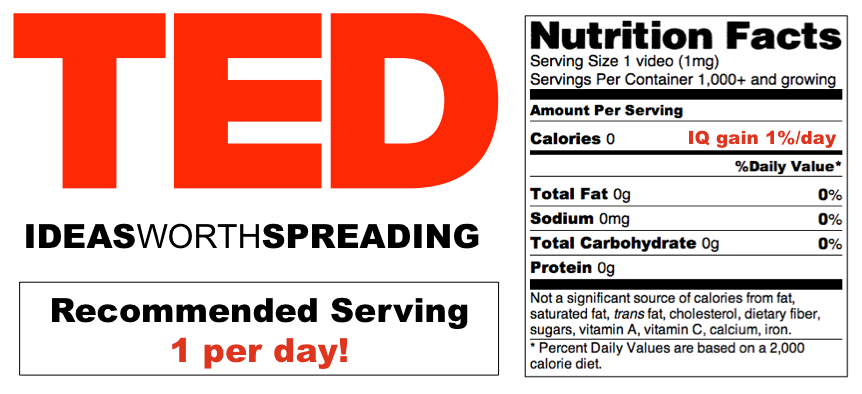

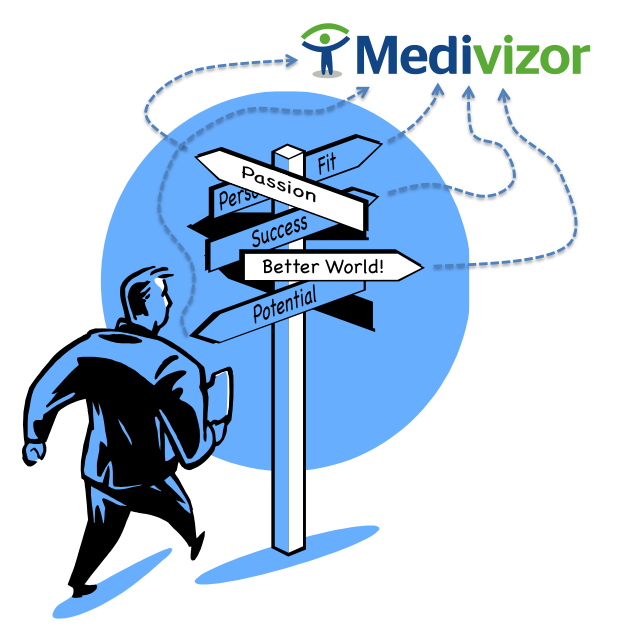

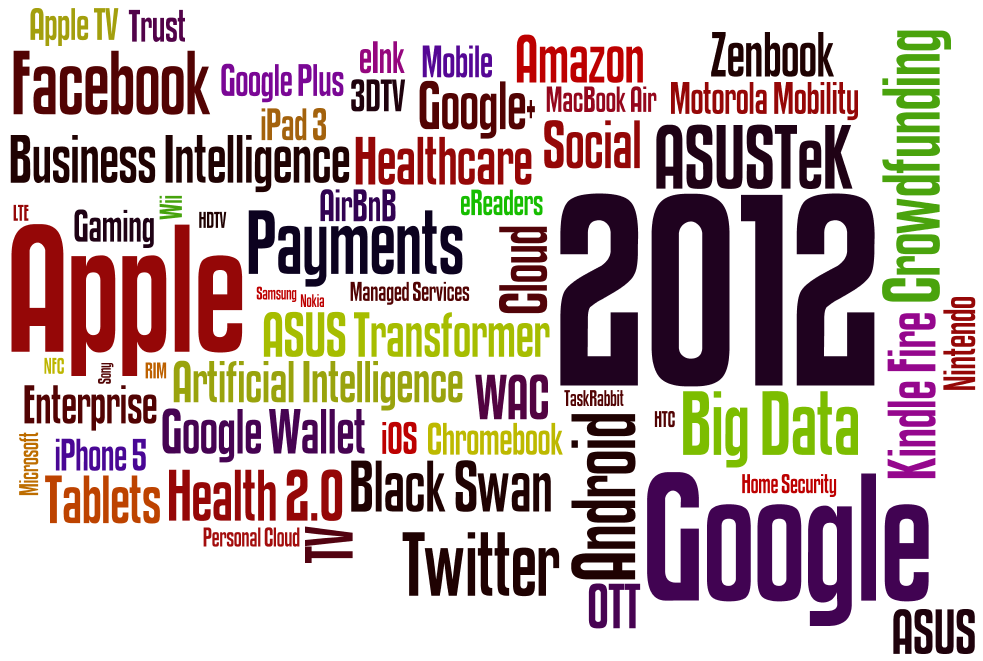
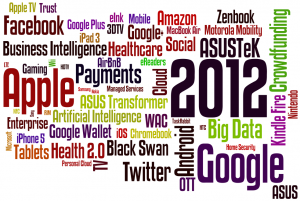
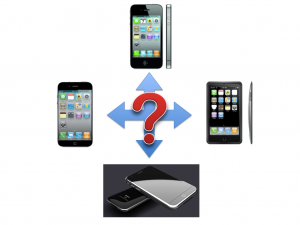



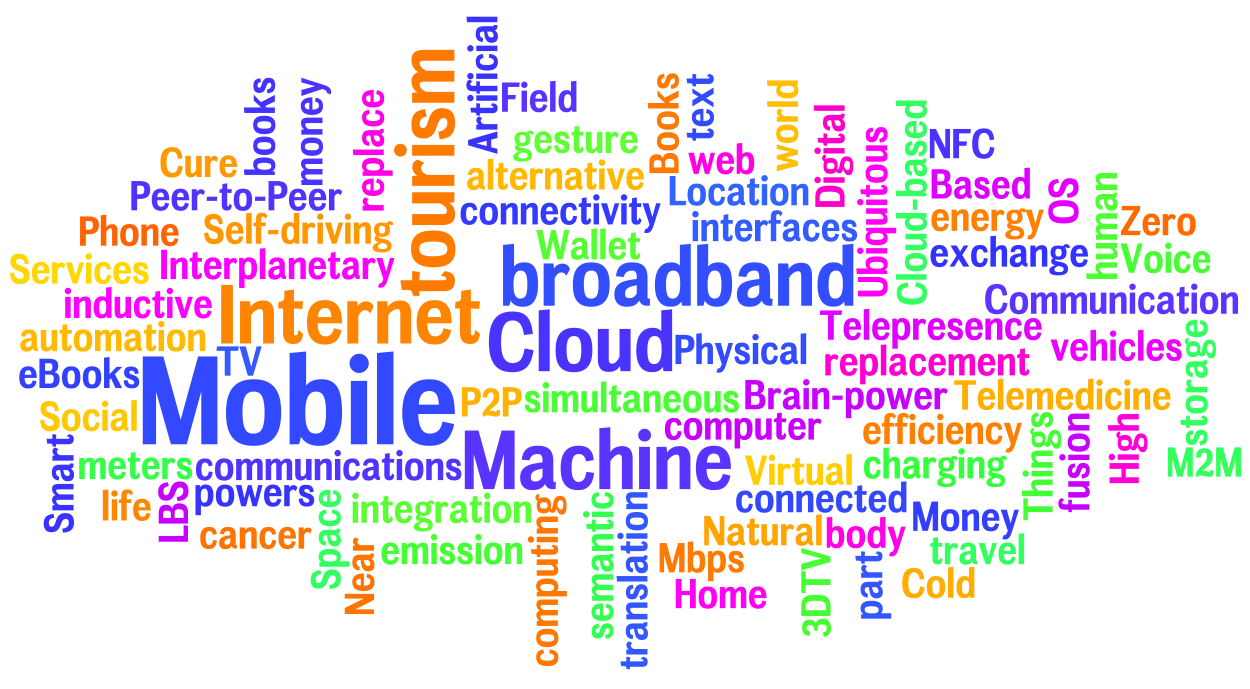


 Crowdfunding – the notion of funding “something” by collecting funds from the crowd, is not new. Philanthropy has many such examples and 3 years ago, Barack Obama’s campaign for presidency was an
Crowdfunding – the notion of funding “something” by collecting funds from the crowd, is not new. Philanthropy has many such examples and 3 years ago, Barack Obama’s campaign for presidency was an